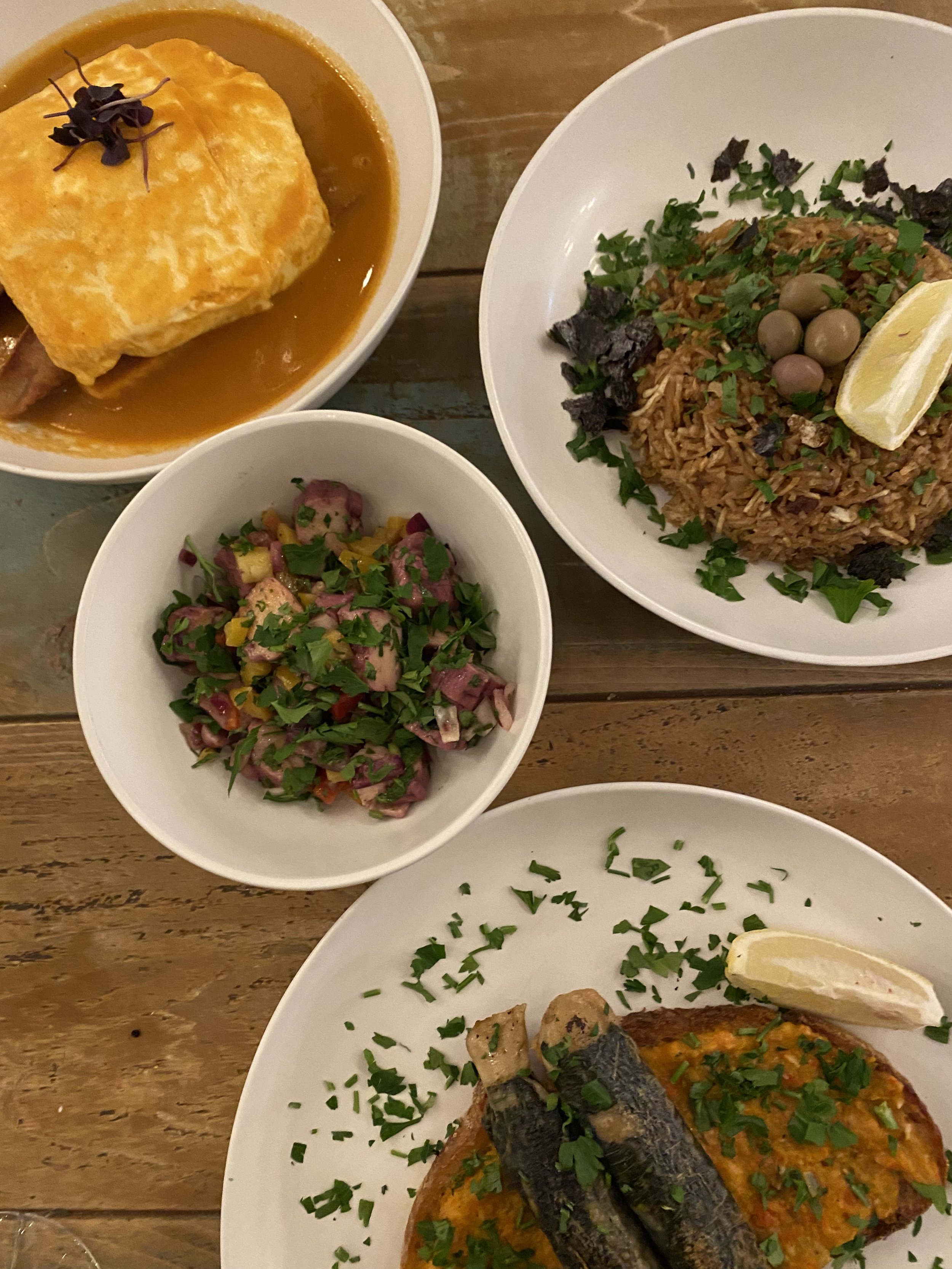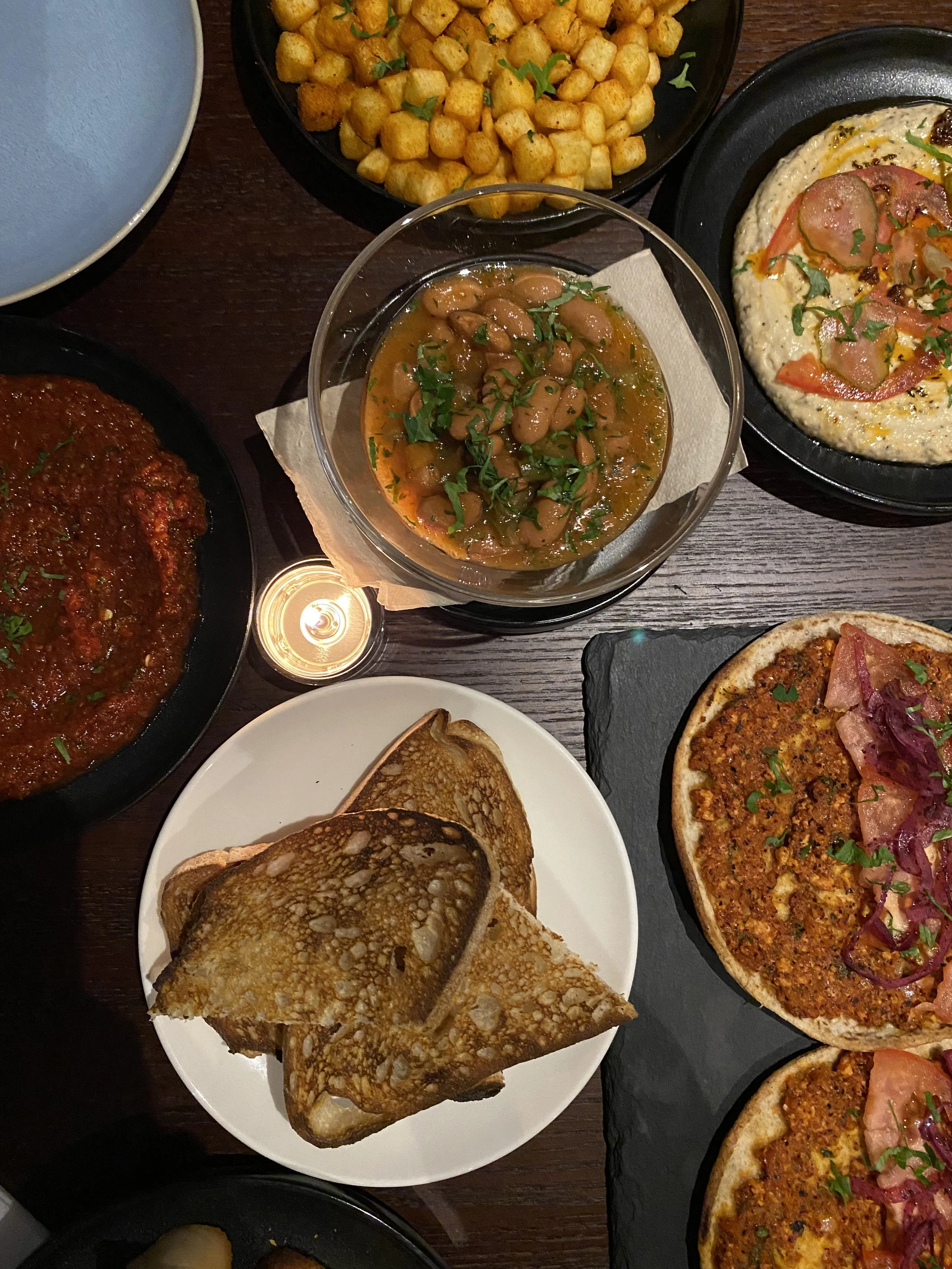What Is Intermittent Fasting? Discover Its Benefits.
"There is a tattoo on my left arm. It says ‘Think, Wait, Fast’. When some curious person asks me for an explanation, I reply that those are my guidelines I use to face life; the values I base my attitude in when dealing with events. Be they internal or external."
The first two are easy to interpret - after all, they are virtues commonly accepted and continually praised. But problems arise when it comes to fast because, surprisingly enough, the ability to abstain from food doesn't share the same status and is often confused with 'going at high speed.' So I begin to explain that fasting has a philosophical, spiritual, and psychological meaning: it represents the ability to choose over cravings, attachment, negative thoughts and feelings that drive human suffering.
'Are you religious?', is the question that many ask me at this point. 'Well I'm kind of Buddhist', I answer.
In recent years, various experts have increasingly proposed intermittent fasting as the miracle cure for losing weight and improving energy levels. However, before seeing what the benefits are, it is good to make a summary of the origin of this practice. After all, the question about religious means is not misplaced.
Religious fasting
Although it has increasingly established itself as a diet in recent years, fasting is an ancient practice and closely connected to the spiritual sphere. Examples of fasting can be found, albeit in different forms, in all cultures and religions.
Buddhism
Life is suffering. Not very promising, isn't it? Yet this is how the path of awareness begins, leading to the awakening of a Buddha: enlightened, aware and in perfect balance with existence itself.
Fasting is part of the Middle Path, and the Buddhist practice focused on liberation from the causes of this suffering: attachment and desire among the first. The principle is straightforward: avoid excesses and self-mortification; as far as food is concerned, the rule followed by the monks is not to eat after noon.
After a period of extreme asceticism, the Buddha comes to this conclusion in which he realised that this practice did not lead to any spiritual progress. Once he abandoned extreme fasting in favour of what looks a lot like intermittent fasting and focused on training the mind, he achieved the awakening.
Christianity
Anyone who grew up in the Western world links major Christian holidays to one thing: feasts. And if you are Italian like me, then probably lots of eating!
Nonetheless, fasting and abstinence are common practice within Christianity. The most famous one is the Lenten fast, observed by believers during the six-weeks period that starts on Ash Wednesday and ends before Easter Sunday. Still, despite being deeply rooted in the Christian belief as to the commemoration of the Temptation of Christ, fasting and abstinence are now terms that sound old if not odd.
Arguably, the Western world’s capitalist prosperity is leading our societies to lose some of these traditions in favour of grab-and-go happiness which makes us only more attached to things. That’s why food is often considered as entertainment rather than nourishment.
On the other end, there are still strong connections between fasting and self-discipline in Eastern Orthodoxy, where the dichotomy between body and mind doesn’t exist. Therefore, there is unity between the two. For Eastern Orthodoxy Christians, fasting serves a similar purpose as the Buddish one: training the mind against gluttony, attachment and harmful thoughts.
Islam
Muslims practise abstinence from food, alcohol, drugs and sexual activity during the month of Ramadan to purify the body, cultivating self-control and God-consciousness. Here, too, the purpose of fasting is similar to other cultures: to obtain spiritual discipline and resist to bodily appetites.
A second important aspect of Ramadan is the incentive for altruism, as a value of greater good. Helping and giving to others always accompanies the intentional denial of food. So in this sense, fasting becomes a social act.
Fasting as a political weapon
In addition to its spiritual element, the act of fasting also has a political role. The hunger strike is an extreme social revolt strategy adopted numerous times over the centuries as a political weapon. Remember Gandhi’s seventeen hunger strikes in the 1920s, 30s and 40s against British colonialism, the non-violent tactics and his unshakable will that made the history of India’s liberation?
Every time political forces have tried to crush and silent an opponent voice, the hunger strike has been used to gain visibility and consensus for those otherwise forgotten. That was the case for many Irish Republicans who took several hunger strikes after being imprisoned during the Irish Civil War. They were striking to oppose the Anglo-Irish Treaty or be recognised as political prisoners, like Bobby Sands and the Blanketmen at the Maze Prison. They eventually died in prison, becoming a symbolic figure in the fight for a united Ireland.
Another historic hunger strike is the one carried by the Suffragettes in the name of women emancipation and female suffrage. It all started with Marion Dunlop’s arrest after she printed an extract from the Bill of Rights on the Parliament wall, and her strike was joined by thousands of women in Britain and the United States.
So fasting became the core tactic of the Surffaggettes movement, as well as their torture with the introduction of force-feeding, the violent and invasive practise of inserting a rubber tube up to the nose or down the throat.
“It is vital to remember that the hunger strike is a weapon of last resort, a weapon that can inflict irreparable damage or even death to those that employ it.”
Stefan Simanowitz
Journalist, writer and campaigner
Fasting as a Diet
In the last few years, intermittent fasting has grown its popularity as a powerful and effective diet. More nutritionists are now advising some form of fasting to their patients, and there are increasing studies and scientific researches to examine its health benefits.
There are many ways to do intermittent fasting, the majority of which involve a period of fast within 24h. Here are some of the most popular:
the 16/8 method: essentially you fast every day for 16 hours and concentrate your meals in the remaining 8, e.g. if your last meal is at 8.00 pm and skip breakfast until noon. You can have as many meals as you want within the 8h window, but if the purpose is a healthy habit well, no need to say you must eat healthy food.
the 5/2 method: this system requires you to reduce your calorie intake to 500/600 or two non-consecutive days and eat normally for five.
alternate-day fasting: this practice is a bit more extreme than the previous two as you need to eat one day and fast on the next. Although it’s linked with most health benefits, this method is not for everyone and certainly is not for beginners as you’ll end up bloody hungry in certain days with the risk of giving up and drown yourself in junk food for the despair.
spontaneous fast or meal skipping: if this sounds less of a structured diet and more of a conscious choice, well that’s because essentially is. There are no rules here only to skip a meal from time to time like when you’re not feeling hungry, you’re travelling or you’re just too tired after a long day.
There you have it, some of the most used fasting techniques. Before skipping to the health benefits of intermitted fasting, though, is worth remembering that having an active lifestyle, eating healthy food and sleeping well are paramount for your overall wellness.
Benefits of Intermittent Fasting
So far, we’ve discussed fasting in multiple aspects. It can be a spiritual tool, a powerful political weapon and an effective diet. Now it’s time to consider the benefits of this ancient practice for the body and the mind.
Health Benefits
Helps with weight and fat loss
Intermittent fasting has proven more effective than calorie reduction in weight loss and preserving muscle tissues. Another review found that alternate-day fasting could reduce body weight up to 7% in 12 weeks, and that whole-day fasting could reduce body fat and body weight up to 9% over 12 to 24 weeks.
Improves blood pressure and helps with cholesterol levels
Starting a diet or changing for a healthier lifestyle is not all about losing weight, mainly when motivated by a false sense of beauty. It can also be a useful tool against heart disease, which is the leading cause of death.
Researchers have shown that alternate-day fasting (ADF) can lower LDL-C (bad) cholesterol levels up to 25% in 8 weeks, and triacylglycerol by 32% in the same period. The study concluded that “reducing energy intake by implementing ADF may decrease the risk of CHD in obese individuals.”
Boosting metabolism
Short-term fasting can also boost your metabolism by increasing the norepinephrine level, a neurotransmitter associated with resting energy expenditure.
Delaying ageing
Although all the evidence collected came from animals observations, these suggest that there could be a correlation between short-term fasting and increased life span.
Psychological Benefits
As we have seen in religious fasting, this practice also has a spiritual and psychological component. The intentional renunciation of food is an act that seems to go against nature and certainly goes against the body’s appetites.
So why then fasting if is not for dietary purposes?
Train the mind
Sometimes the mind can be a messy place, others it can be harmful and unpleasant. Fasting gives you the training to prevent this to happen: when you are able to let go of food, such a bodily and essential need, then you’ll find yourself more capable of letting go less necessary things like anxiety, doubt and negative thoughts.
Let go of things
As part of our highly capitalistic society, we don’t always realise how much stuff we think we need, and that’s not just food. I mean, most of the time we are consumers, right?
Simply put we are stuck in a loop: we feel miserable, then we buy so we can feel better for a little while. Then the feeling comes back, and so we buy something else. This limitless consumerism leads us into a doomed destiny, and we’re bringing the planet with us.
Once again abstaining from food can teach you how to be detached by material possessions, making you more aware of your needs, less subject to a subtle persuasion and more focused on what’s essential in life.
Become a better person
Fasting helps you to be more altruistic. When you learn how to restrain from food and body appetite in general, you lose your attachment and individualism and start sharing more and taking less.
I know it sounds naive, but if you are not attached to anything, you’ll see how there is enough for anyone.
Fasting is not for everyone
There are numerous benefits connected to fasting, but it is time to say that it’s not for everyone.
You want to avoid this strategy if:
you are a brittle diabetic
you are pregnant
you have a history of a disordered relationship with food, e.g. anorexia, bulimia or binge eating
you are a child, an adolescent or age greater than 70
you have been recently hospitalised
If you don’t find yourself in one of these categories, you can try one of the methods above and see which one is right for you. But if you want to go deeper and try more the mental effects, I highly recommend practising mindful meditation alongside it. Who knows, you might as well get some enlightenment.
Written by Bruno Cafiso
Ciao I'm Bruno! I'm a food lover, a philosoper, a chef, a dreamer but mostly a writer. In fact, just give me a pen and a blank page and I will be at ease. I'm originally from Sicily and I try to live with less stuff and more meaning. Apart from the culinary aspect, what fascinates me about food is the social and cultural component that even the simplest dish holds inside. It's an universal tale of people and communities with different stories and origins.
Disclaimer: Whilst this article does discuss fasting, we are not suggesting you restrict your diet in any way. Take advice from your Doctor when it comes to food!














